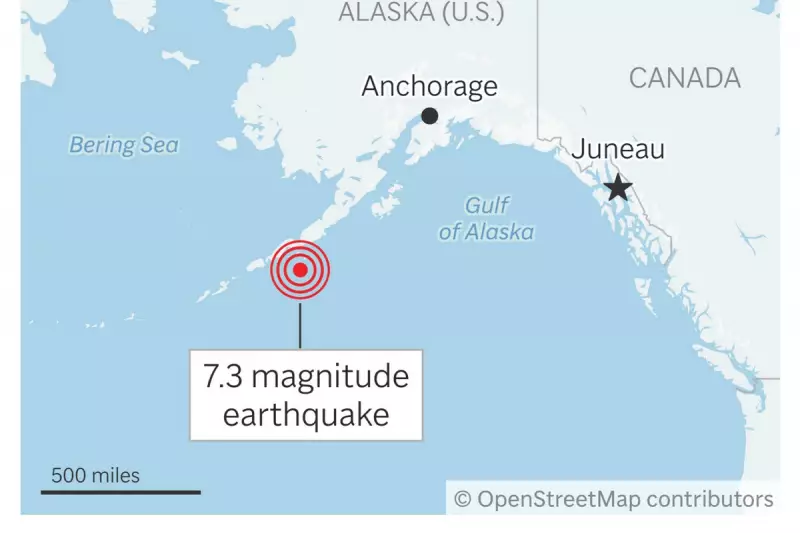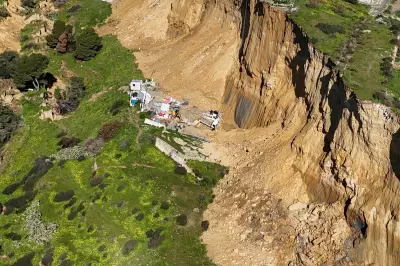
The Alaskan capital of Juneau is facing an unprecedented threat as rapidly melting glaciers create dangerous flood conditions for nearby communities. Scientists monitoring the Mendenhall Glacier have observed alarming changes that could put hundreds of residents at risk.
Glacial Retreat Reaches Critical Point
Researchers from the University of Alaska Southeast have documented significant retreat of the Mendenhall Glacier, with meltwater forming increasingly large lakes that threaten to burst their natural barriers. "We're seeing changes occur much faster than our models predicted," said glaciologist Dr. Eran Hood.
Immediate Threats to Juneau Area
The immediate concern focuses on the Mendenhall Valley, where about 50 homes lie directly in the potential flood path. Local authorities have already implemented emergency response plans and early warning systems.
- Potential for sudden glacial lake outburst floods (GLOFs)
- Increased risk of landslides from unstable terrain
- Threat to critical infrastructure including roads and utilities
Long-Term Climate Impacts
This situation serves as a stark warning about climate change's accelerating effects in northern regions. The Mendenhall Glacier has retreated nearly 2 miles since 2005, with the pace increasing in recent years.
"What we're witnessing in Juneau is a preview of challenges many northern communities will face," noted climate scientist Dr. Regine Hock. "The question isn't if these events will occur elsewhere, but when."
Community Response and Adaptation
Juneau residents are taking both short-term protective measures and considering long-term relocation strategies. The city has allocated $10 million for flood mitigation projects, while some homeowners are exploring property buyout options.
As Alaska continues to warm at twice the global average rate, scientists warn that Juneau's current challenges may soon be shared by other communities across the state and throughout the Arctic region.





